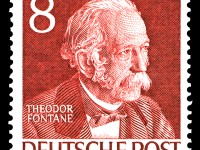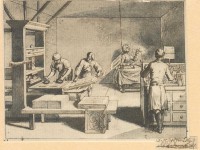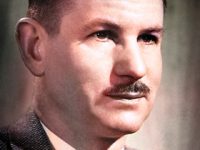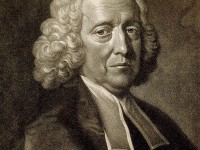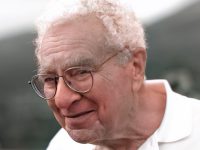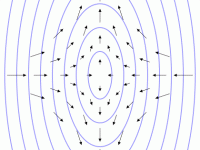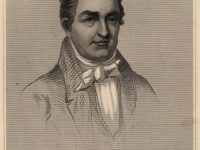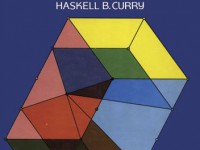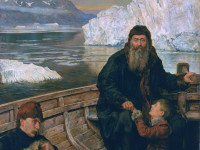Theodor Fontane and German Realism
On September 20, 1898, German novelist and poet Theodor Fontane passed away. Fontane is regarded by many as the most important 19th-century German-language realist writer. A Hugenot Family in Neuruppin Theodor Fontane was born in Neuruppin, a town 30 miles northwest of Berlin, into a Huguenot family as son of the pharmacist Louis Henri Fontane. At the age of sixteen he was apprenticed to an apothecary. His further education was in Leipzig…
Read more

